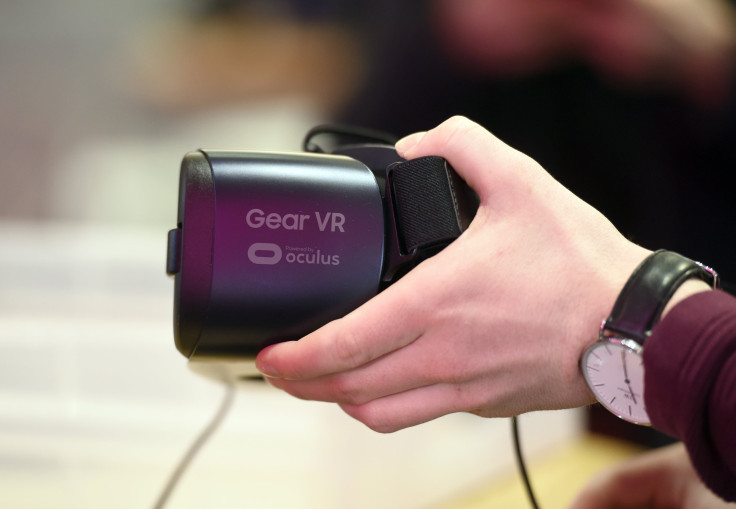Samsung to go all-out in 2017 with Gear VR 2 and new display technologies; Force touch inclusion unlikely in Galaxy S8

Samsung Gear VR could be relatively weaker than HTC Vive, Oculus Rift and PlayStation VR, but when it comes to sales of the mobile-powered headset, it’s well ahead in the race. Latest reports suggest that the South Korean company is looking to provide a big boost to the next instalment, Gear VR 2.
It is believed that Samsung has already shown off the device to a select few at the MWC 2017, though none of the reports are confirmed. The next-gen Gear VR device reportedly has an integrated display, something that current Gear VR headsets do not have. Instead, there is a cavity inside in which a user fits his Samsung smartphone and view it via goggles built into the headset. The company is also said to be boosting the visual fidelity of the device as well. As per a report by Korea Herald, a 1500ppi device is soon expected to be released.
Up to now, Samsung has showcased headsets having 1200ppi. The current VR Gear has less than 1000ppi resolution. A resolution of 1500ppi will solve the virtual reality sickness, headache and general discomfort. Even HTC Vive offers only 447ppi per eye. The display will also be significantly better than PS VR and Oculus Rift. Gear VR became pretty popular though fans expected more high-end features such as motion tracking. There are rumours that Samsung would use the Unpacked event next week as a platform to launch the new Gear VR 2 along with Galaxy S8 smartphones.
The high-res headset should not be expected in the event though, reports Wareable. Samsung displayed several new display technologies behind closed doors at the MWC 2017. An OLED without polariser is also in the works. It also showcased force touch and another headset with blue-less OLED. All of them are expected to launch within one or two years. The force touch technology could be coming to Samsung Galaxy S8 though the technology is still in development. Hence, it is unlikely to come in the Samsung flagship.
Samsung has also announced that its upcoming flagship will have a dedicated button for the company’s brand new voice assistant Bixby. The technology is expected to be dominant player soon in the voice-assistant space along with Alexa, Siri and Google Assistant. The tech will eventually feature advanced AI. 2017 is going to be a big year for tech companies with a plethora of new tech in the pipeline. Stay tuned on IBT AU for more updates.





















